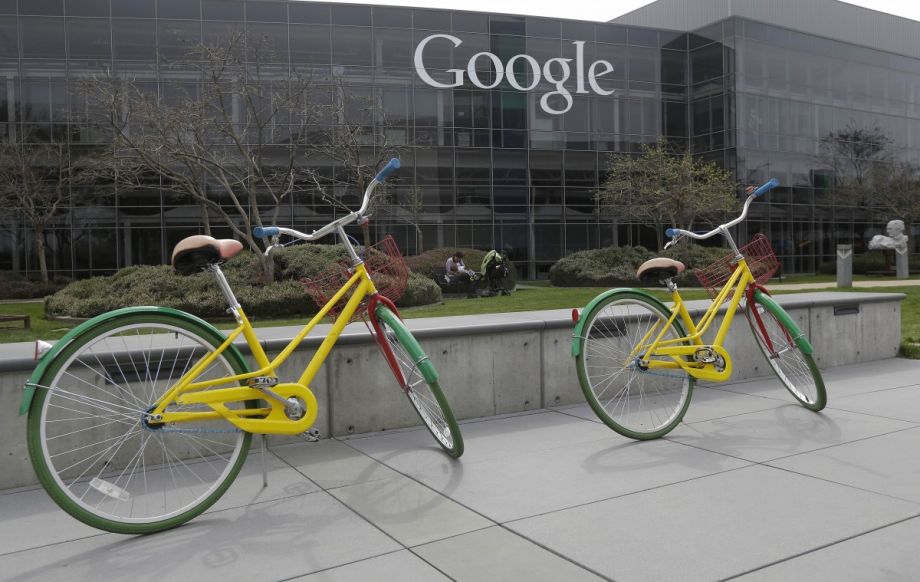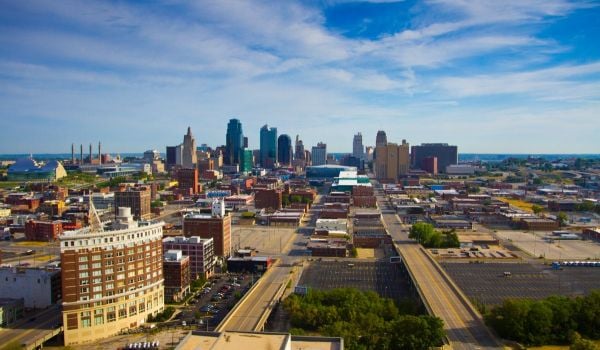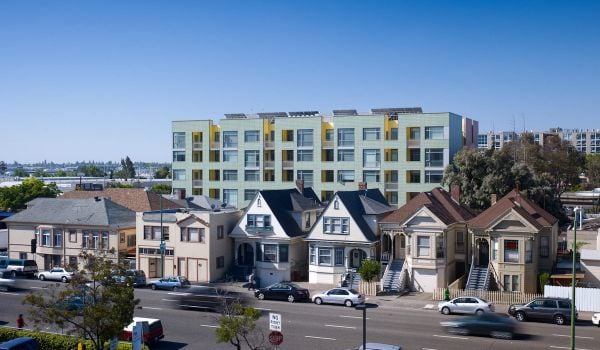Mountain View City Council approved a residential plan update Wednesday that paves the way for an influx of housing in a housing-strapped region.
The move will allow employers and developers to build residential units in the primarily industrial-zoned area of North Bayshore, where a number of high-profile tech companies — Google, LinkedIn and Samsung, among others — are located. The plan outlines a goal of four unique districts and at least 20 percent affordable units (with floor area ratio incentives backing up those affordability goals). According to the San Francisco Chronicle, it will expand the region’s housing by nearly 10,000 units, most of them apartments.
“Mountain View has stepped up and we’re doing our part to increase the (housing) supply,” City Councilwoman Patricia Showalter said, according to the Chronicle. “I sincerely hope that many neighboring communities will also step up because that’s what really needs to happen.”
Google has publicly discussed building housing in the area, the Chronicle reports, and the company owns more than half of the land slated for development, but nothing is certain. A Google spokeswoman “declined to comment on how much housing the company aims to build,” according to the paper.
The region’s desperation for housing was on stark display at a Tuesday night meeting, the Mercury News reports, with pro-development residents and advocates packing City Council chambers and holding signs that read “9,850 homes, #SayYesNBS.”
Google is well-aware of that desperation. In September, Fortune reported that the company was using housing to win approval for more square footage in its “Charleston East” campus. Google “threatened to block the construction of nearly 10,000 housing units if the city [didn’t] approve its request” according to Fortune. However, the company later wrote in a letter to City Council: “We apologize that this came out as a demand, when the intent was to open a conversation to address a potential issue,” according to the Mercury News.
In 2015, Mountain View City Council disappointed the tech giant by approving far less construction in the North Bayshore area than Google had hoped for. Instead, it voted in favor of a an expansion proposal by LinkedIn, which had fewer community benefits attached, as Susie Cagle wrote for Next City at the time. The overriding message of that decisive meeting was that Mountain View did not want to be a company town.
“I think economic diversity is important,” then-City Council member Michael Kasperzak said at the time. “I’ve lived through two corporations in Mountain View that were masters of the universe and are no longer with us.”
EDITOR’S NOTE: This article was updated to reflect changes to the Mercury News article and a statement from the city.

Rachel Dovey is an award-winning freelance writer and former USC Annenberg fellow living at the northern tip of California’s Bay Area. She writes about infrastructure, water and climate change and has been published by Bust, Wired, Paste, SF Weekly, the East Bay Express and the North Bay Bohemian
Follow Rachel .(JavaScript must be enabled to view this email address)
















